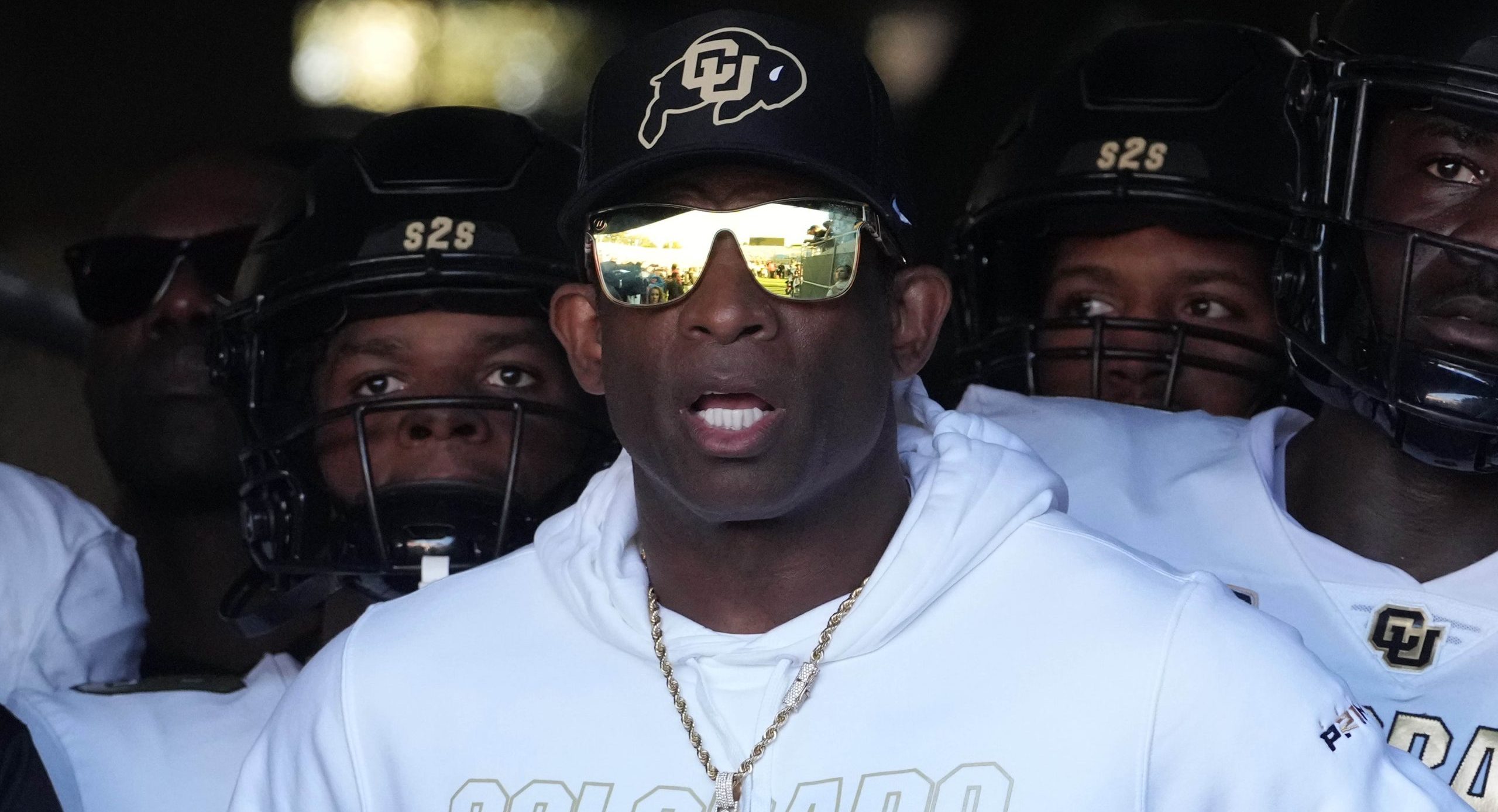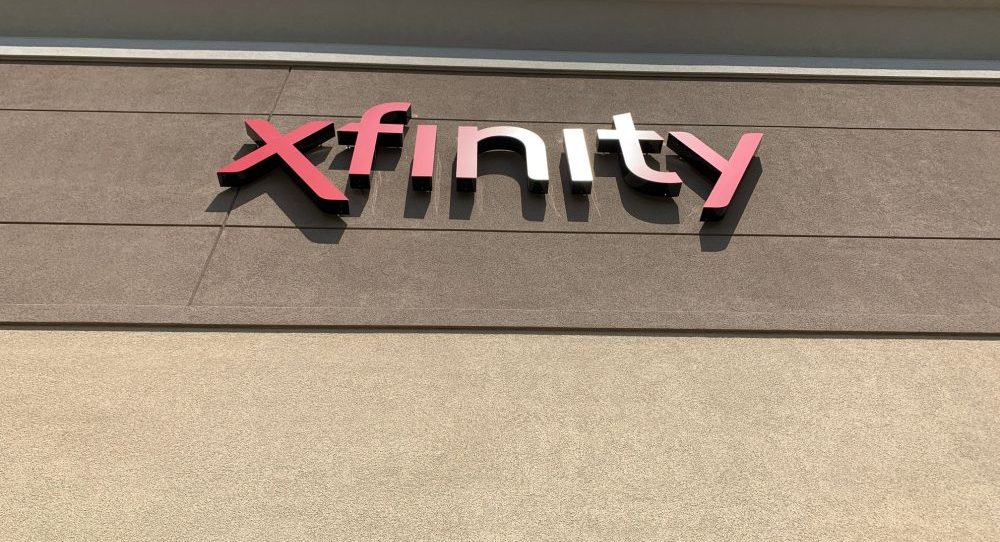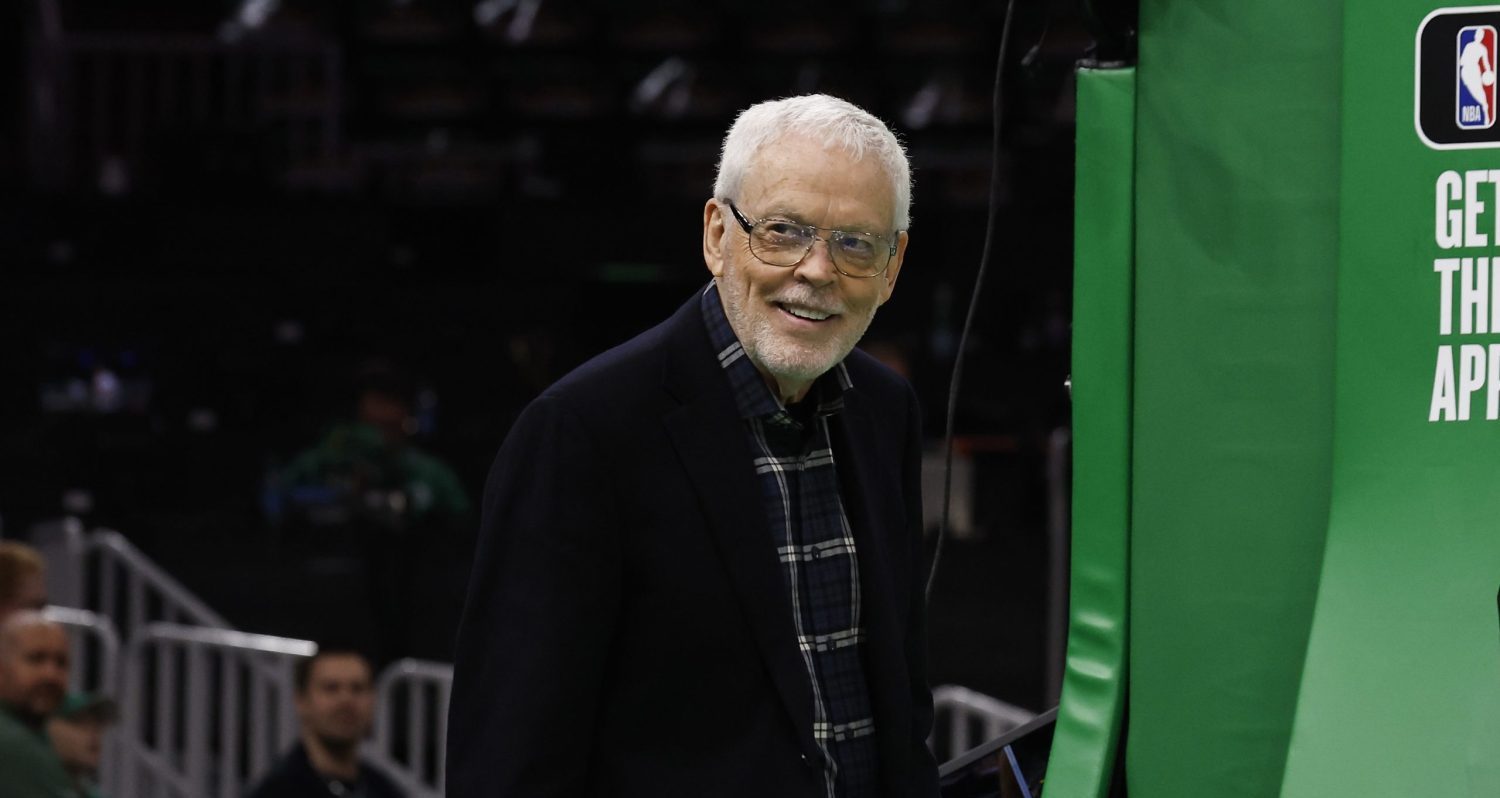One of my questions since the three-headed sports streaming joint venture was announced earlier this month is won’t fans still have to cobble together different apps to satiate their sports fix?
Walt Disney’s ESPN, Fox Sports, and Warner Bros. Discovery offer by one estimate about 55 percent of the sports out there. But that leaves nearly half the market elsewhere. Still left out for example are NFL games on NBC, CBS, and Amazon; the Olympics on NBC;, the new Big 10 deal on CBS; not to mention an array of specialty outlets like the Tennis Channel, the Golf Channel and so forth. Given the new streaming venture will likely cost around $50 a month, wouldn’t one be better off just keeping cable if you are a sports fan?
The line from WBD’s earnings call today is that the as of yet unnamed tri-streaming company is aimed as cord cutters and nevers, which incidentally is a convenient argument to make when distributors will charge the product cannibalizes their linear platforms.
“Look, there’s about 125 million households in America and there’s more than 60 million of those that are not in the traditional bundled cable ecosystem,” said David Zaslav, WBD’s CEO. “And we see that with things like (our) Bleacher Report where we have 30 million people, mostly under 30, that the overwhelming majority are not in the traditional cable universe, but they love sports. They’re on Bleacher and House of Highlights all day. And so we have a very rich target of over 60 million people that love sports. And it’s a product that’s quite modern.
“And so it’s a platform that this younger generation that is not subscribing, we’re able to go after those that were missing, we’re missing those subscribers, the traditional cable industry is missing those subscribers, it’s we think very pro consumer. Look, we have a great relationship with our existing distributors, this is a unique product that’s looking to meet a very strong demand.”
Well, that’s not entirely true as FuboTV is suing the three companies in part over the plans for the bundled streaming product. Thus Zaslav’s mention of “pro consumer,” a nod to their defense to a justice system that analyzes antitrust charges through the lens of if a move helps or hurts buyers of the service. Also, the fans on Bleacher Report and House of Highlights represent a healthy portion of the younger generations who consume sports this way, not by watching. Whether WBD can get these people to buy the new sports app is certainly an open question.
WBD’s main contribution to the pending service is the NBA, whose deals with the company, and ESPN expire after next season. Renewal talks are well underway, with the exclusive negotiating period reportedly expiring next month.
Zaslav described the talks as “productive,” though later a WBD executive, in response to an analyst question about cost control and sports rights, said the company would practice fiscal discipline. The company missed earnings and revenue targets in the most recent fiscal quarter, sending its battered stock down an additional 8% on Friday.
“We have been able to strike profitable deals, and we’re always going to be disciplined, it’s very easy to lose control over a sports rights investments,” said Gunnar Wiedenfels, WBD’s chief financial officer. “That’s not what we do. We’re going to know exactly what value we assign and we stay disciplined during our discussions. And if you take that into account… we have an enormous opportunity to be much more efficient with our content spend overall across the entire company. And that will include certain areas in which… you probably have to assume that there’s inflation going forward on the NBA specifically. We’ve had a very, very strong partnership for 40 years and I certainly hope that we’re going to be able to continue that in the most positive way.”
WBD and Disney currently are paying $25 billion over the current nine-year NBA deal. Some projections have that figure tripling, which might move the parties to create a third package for a streamer, such as an Amazon Prime or Apple+. If that were to occur of course, that would mean the new sports streaming joint venture would not have every NBA national game in 2026 and beyond.
Zaslav talked about the need for rebundling in streaming to mimic the frayed cable bundle. He pointed out there are two possible scenarios. One is a third party like Roku or Apple could establish a platform where all sports rights would be housed. Or the content providers can do it themselves, he said.
“And I’ve always advocated that we should do it ourselves,” he said. “And so we’re looking to do that domestically, we’re looking to do it outside the US, in some ways the sports venture is trying to meet that very need. That when you put our product together with… Fox’s product together with the ESPN product, it just has a much better, more fluid, more simple consumer experience. It’s not `Which channel is it on?’ It’s not `Where do I go? How do I go? Do I have it? Don’t I have it?’ It’s in one place. And I think more and more will be gravitating (in that direction).”







